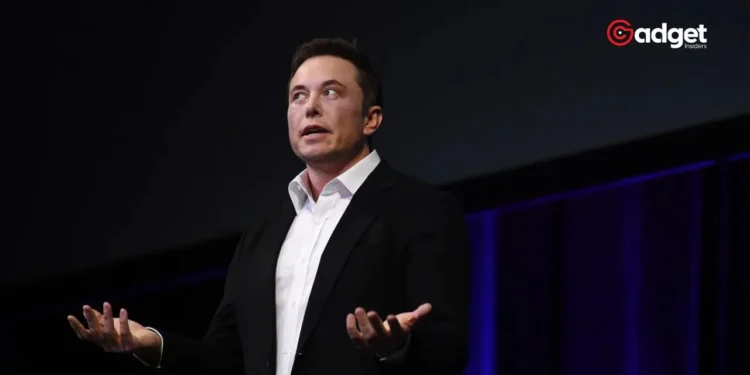Elon Musk’s bold acquisition of Twitter Inc. for $44 billion in 2022, a move that set the tech and financial worlds abuzz, is now under the microscope following a recent lawsuit. The legal challenge accuses Elon Musk, along with his advisors at Morgan Stanley, of circumventing SEC reporting laws to amass a significant but undisclosed stake in Twitter before his takeover.
This covert operation not only raises questions about ethical market practices but also shines a light on the opaque maneuvers sometimes employed in high-stakes tech acquisitions.
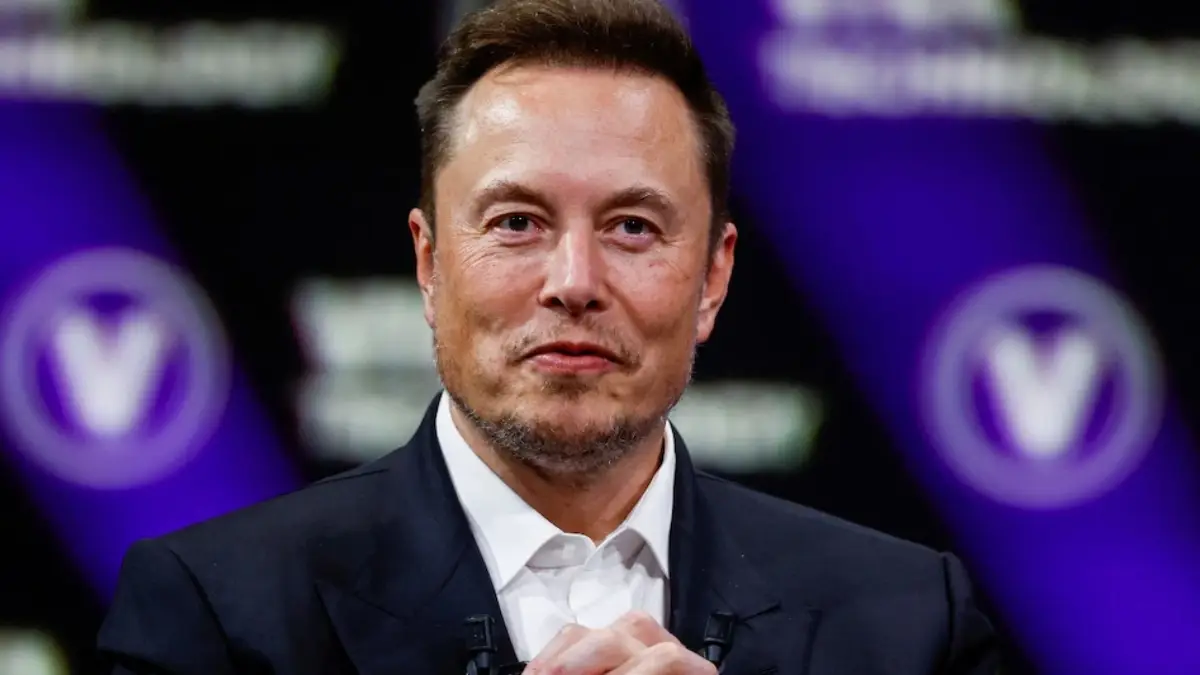
The Plot Thickens: Stealth and Strategy
The lawsuit, initiated by disgruntled shareholders, paints a picture of calculated moves and clandestine strategies. Elon Musk, renowned for his visionary approach to technology and space, allegedly collaborated closely with a Morgan Stanley wealth manager. This partnership was pivotal in helping Elon Musk discreetly build his position on Twitter without drawing market attention.
According to the complaint, Musk and his business manager, Jared Birchall, received continuous updates on “trading strategies to avoid public detection.”
This covert strategy reportedly saved substantial amounts in potential costs that could have arisen if Elon Musk’s activities had been disclosed as per standard regulatory requirements.
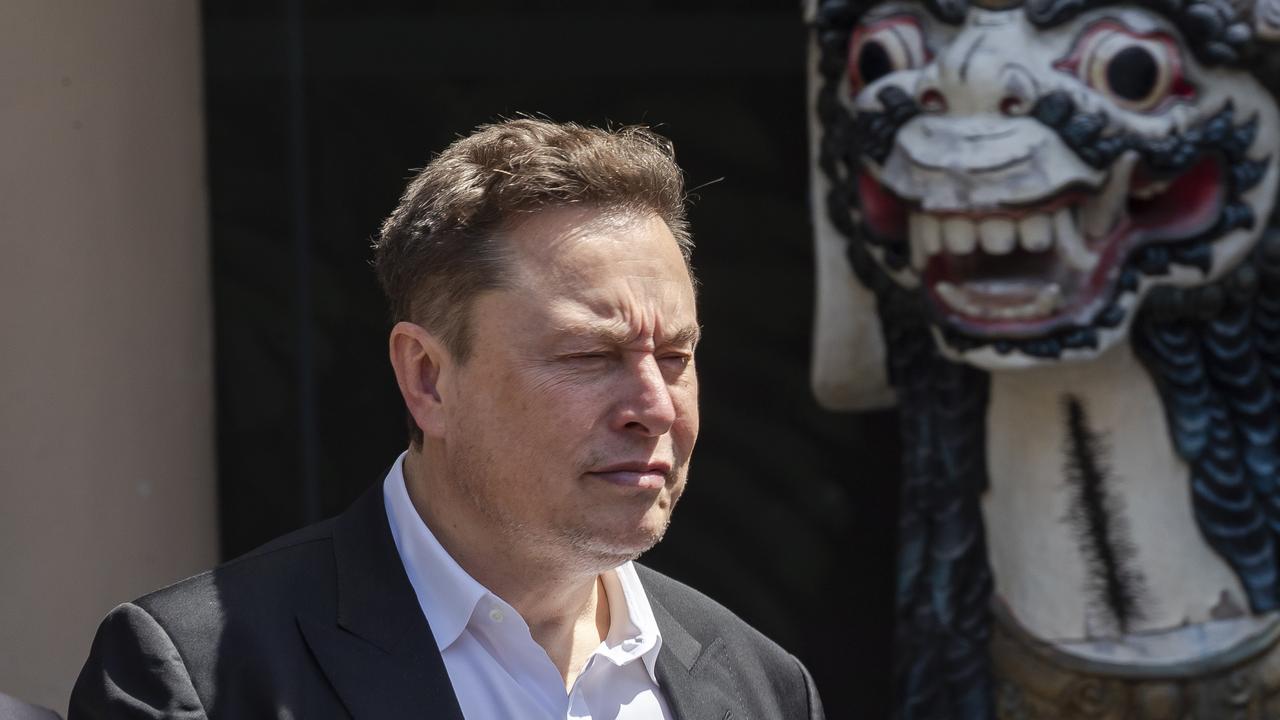
Behind Closed Doors: Financial Tactics and Legal Implications
The central allegation that Elon Musk and his team engaged in a scheme to avoid detection by securities regulators brings to the forefront serious legal implications. By not reporting their stock purchases, the lawsuit claims they avoided triggering a market reaction which typically follows when influential figures like Musk make significant investment moves.
This allowed Musk to continue buying up Twitter stock at lower prices, as the market remained unaware of his growing influence over the company.
Elon Musk: The Consequences of Secretive Moves
This strategy, while beneficial to Elon Musk and his associates in the short term, has sparked a wave of criticism and legal scrutiny. The secrecy involved in these transactions is seen by many as a breach of the trust that the market places in transparent and fair trading practices.
The shareholder lawsuit catalyzes a broader discussion on the ethical obligations of high-profile investors and the firms that assist them.
Looking Ahead: Market Integrity and Investor Trust
As the legal proceedings gain momentum, the outcome of this lawsuit could have far-reaching implications for market regulation and the conduct of high-profile investors like Elon Musk. The tech mogul’s approach to acquiring Twitter could set a precedent for future transactions in the volatile world of tech investments.
Moreover, it underscores the ongoing tension between innovative market strategies and the regulatory frameworks designed to maintain fair and transparent practices.
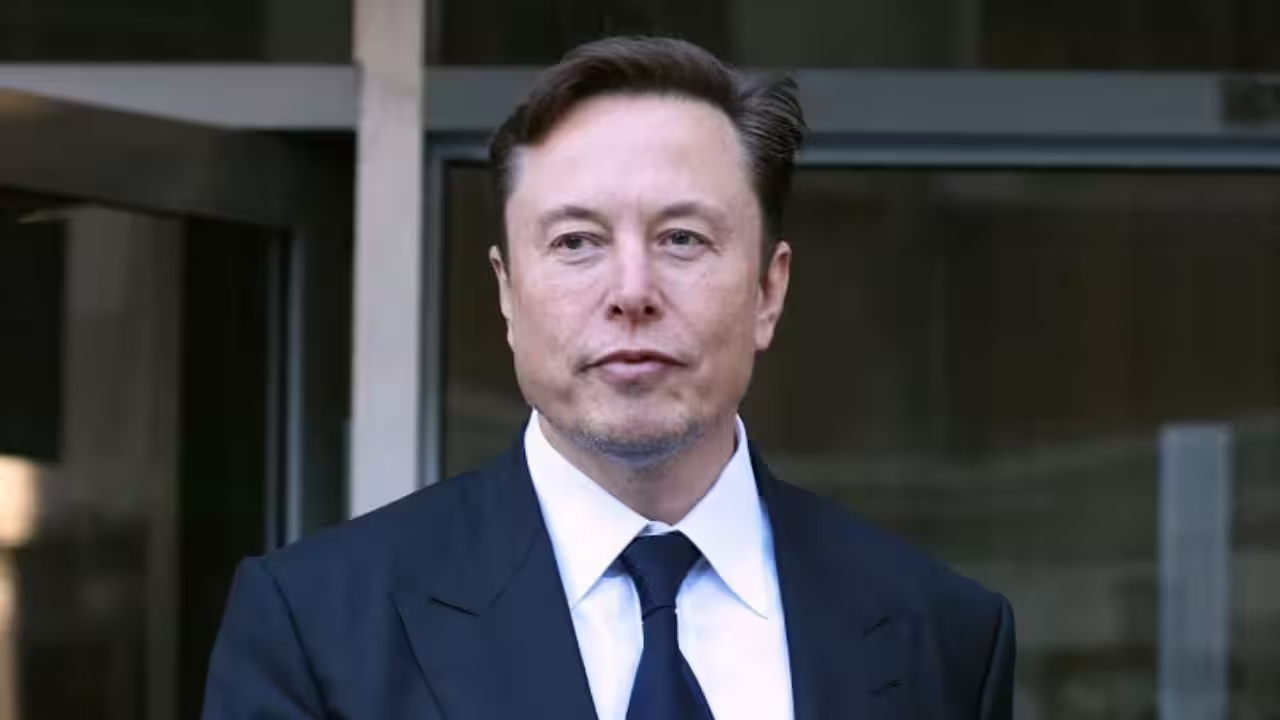
The Balancing Act of Innovation and Regulation
Elon Musk’s journey from quietly accumulating Twitter stock to owning the platform outright is a testament to his audacious approach to business and investment. However, this episode also highlights the delicate balance between innovation and the need for regulatory oversight to ensure market fairness.
As the tech world watches closely, the unfolding drama of Elon Musk’s Twitter acquisition will likely influence not only the future of one social media giant but also the ethical and legal standards governing corporate conduct in the digital age.

